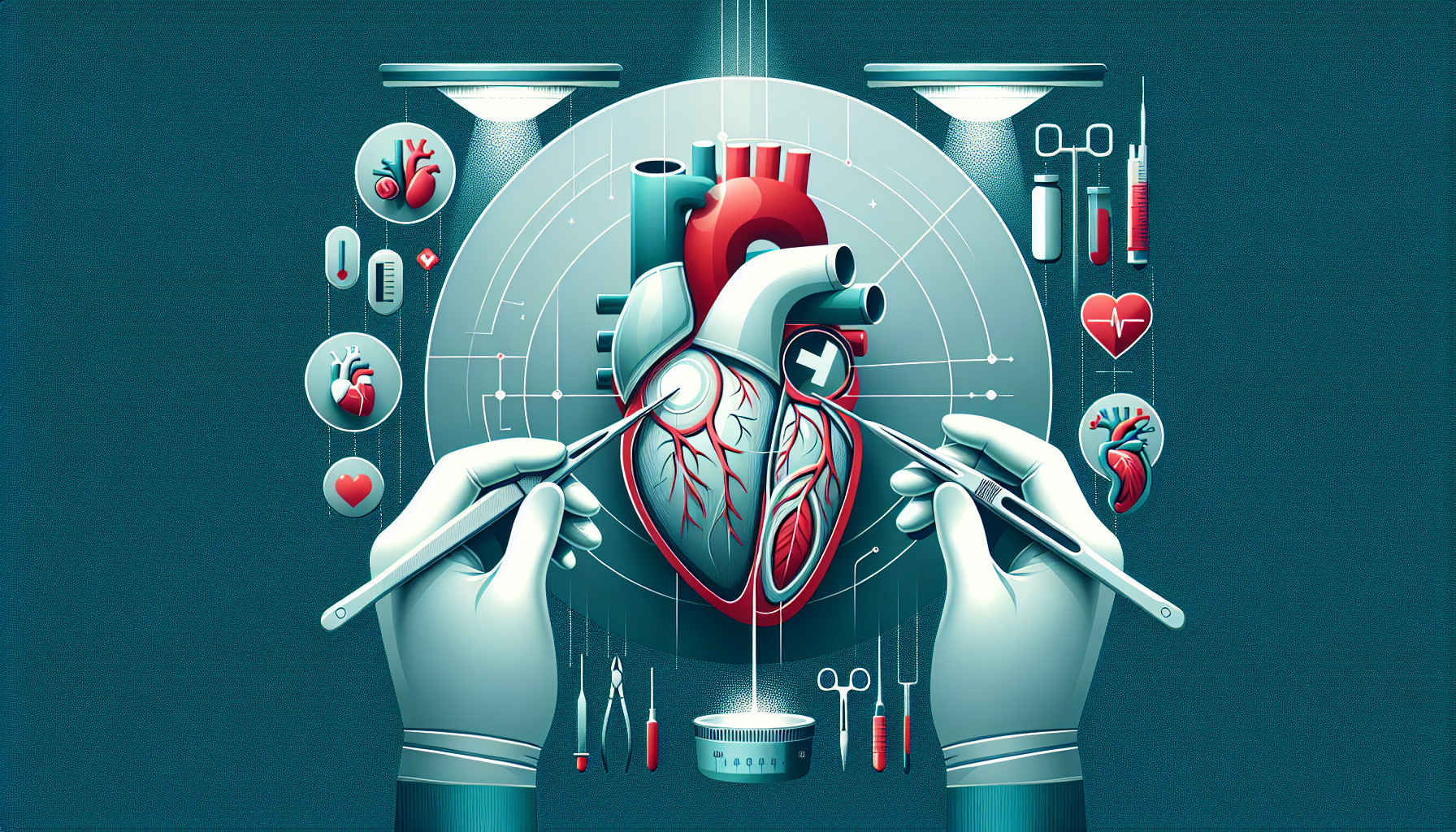Our Summary
This research paper discusses the different conditions and complications that can occur with the aortic valve, a crucial part of the heart that directs blood flow from the heart to the rest of the body. It covers a range of issues, from congenital defects (problems present at birth) to diseases that develop over time, like aortic stenosis (narrowing of the valve) and aortic regurgitation (leakage of the valve).
The paper also delves into the history of treatments and surgeries for these conditions, highlighting the evolution of artificial heart valves. Initially, doctors used mechanical valves made of metal and plastic, but these had some drawbacks, like the need for lifelong medication to prevent blood clots.
Then came bioprosthetic valves, which are made from tissue from animals or human donors. While these have better performance, they don’t last as long because they can harden over time.
The research also discusses the promise of tissue engineered heart valves (TEHV), which are designed to grow and repair themselves like a natural valve, and polymeric valves, which are made from special plastics that combine the durability of mechanical valves and the function of bioprosthetic valves. These potentially offer a longer-lasting, more effective solution for patients with heart valve problems.
FAQs
- What are the different conditions and complications that can occur with the aortic valve?
- What are the differences between mechanical valves, bioprosthetic valves, tissue engineered heart valves (TEHV), and polymeric valves?
- What are the potential advantages of tissue engineered heart valves (TEHV) and polymeric valves over traditional mechanical and bioprosthetic valves?
Doctor’s Tip
One helpful tip a doctor might tell a patient about valve replacement is to follow a healthy lifestyle post-surgery to ensure the longevity and effectiveness of the new valve. This includes maintaining a balanced diet, staying physically active, managing stress, and avoiding smoking and excessive alcohol consumption. Regular follow-up appointments with a cardiologist are also important to monitor the function of the new valve and address any concerns or complications promptly. It’s crucial to adhere to any prescribed medications and treatment plans to optimize the outcome of the valve replacement surgery.
Suitable For
Patients who are typically recommended valve replacement are those with severe symptoms such as chest pain, shortness of breath, fatigue, dizziness, and fainting. They may also have severe narrowing or leakage of the aortic valve that is affecting their heart function. Other patients who may be recommended for valve replacement are those with congenital heart defects that affect the aortic valve, as well as those who have had previous valve replacement surgeries that have failed or become damaged over time.
Overall, patients who are experiencing significant symptoms and complications related to their aortic valve are typically recommended for valve replacement in order to improve their quality of life and prevent further damage to their heart. The choice of valve replacement method, whether mechanical, bioprosthetic, tissue engineered, or polymeric, will depend on the individual patient’s needs and medical history.
Timeline
Before valve replacement:
- Patient experiences symptoms such as shortness of breath, chest pain, fatigue, and dizziness.
- Patient undergoes diagnostic tests like echocardiograms, MRI, and CT scans to determine the severity of the valve disease.
- Patient consults with a cardiologist and cardiac surgeon to discuss treatment options.
- Patient may try medications or other non-invasive treatments to manage symptoms before considering surgery.
After valve replacement:
- Patient undergoes valve replacement surgery, which can be done through traditional open-heart surgery or minimally invasive techniques.
- Patient stays in the hospital for a few days to recover from surgery and monitor for any complications.
- Patient begins cardiac rehabilitation to regain strength and endurance.
- Patient may need to take medications to prevent blood clots or manage other heart conditions.
- Patient follows up with their healthcare team regularly for monitoring and adjustments to their treatment plan.
What to Ask Your Doctor
Some questions a patient should ask their doctor about valve replacement include:
- What type of valve replacement is recommended for my specific condition?
- What are the benefits and risks of each type of valve replacement?
- How long can I expect the replacement valve to last?
- What are the potential complications or side effects of valve replacement surgery?
- What is the recovery process like after valve replacement surgery?
- Will I need to take medication after the surgery, and if so, for how long?
- How often will I need follow-up appointments or monitoring after the surgery?
- Are there any lifestyle changes or restrictions I should be aware of after valve replacement surgery?
- What are the success rates of valve replacement surgery for my specific condition?
- Are there any alternative treatments or procedures I should consider before opting for valve replacement surgery?
Reference
Authors: Rajput FA, Zeltser R. Journal: 2023 May 29. In: StatPearls [Internet]. Treasure Island (FL): StatPearls Publishing; 2025 Jan–. PMID: 30725821
